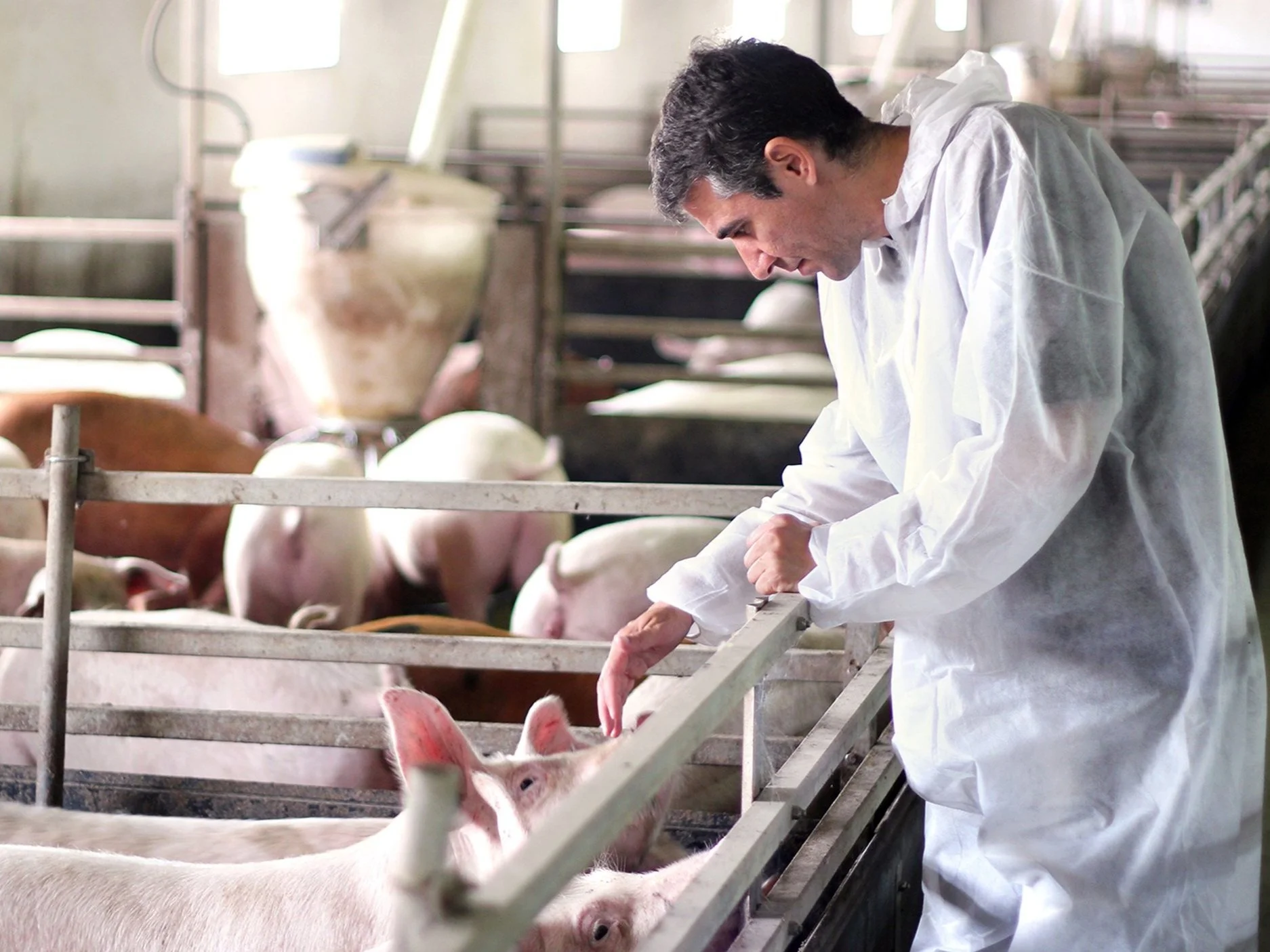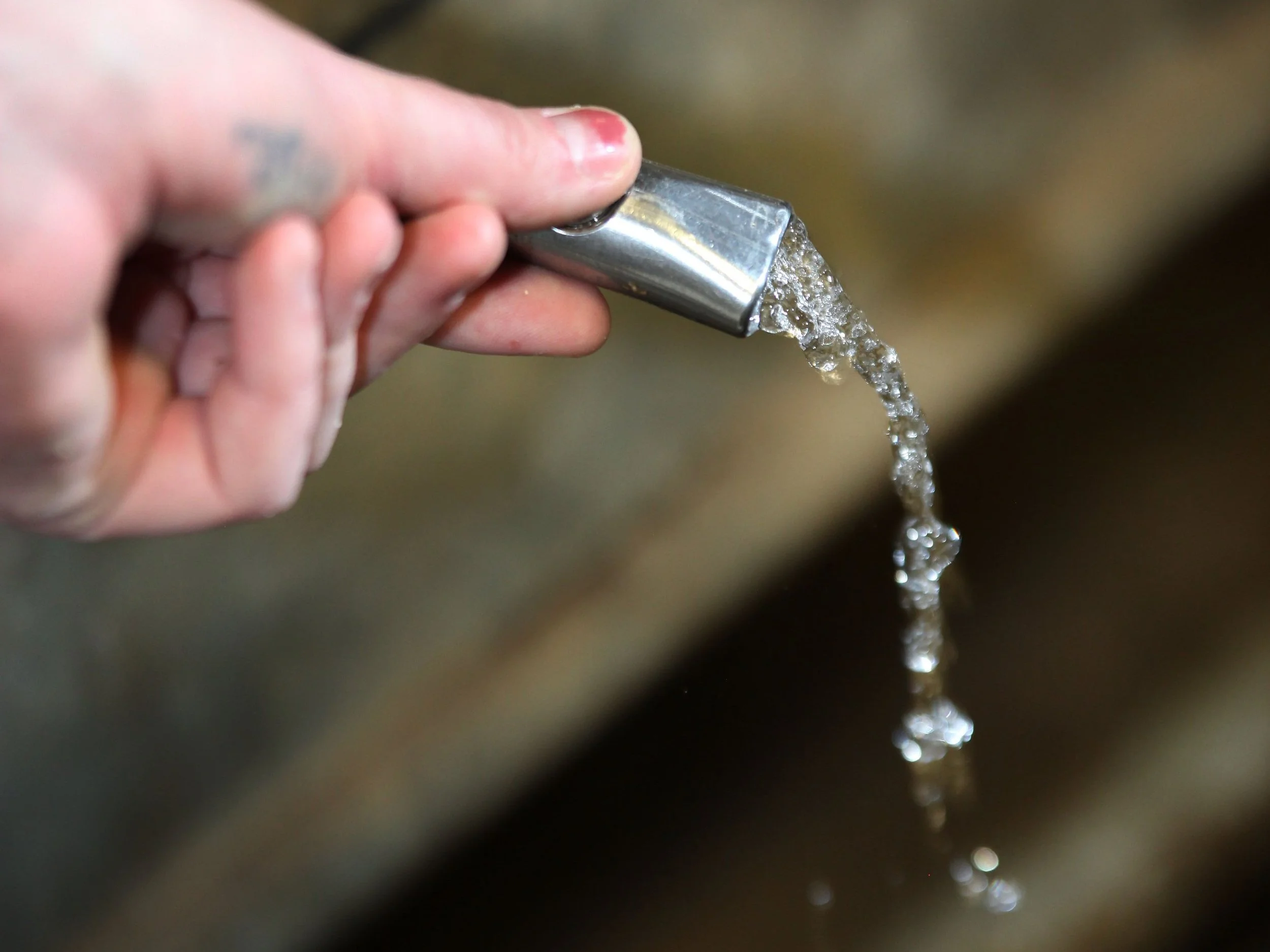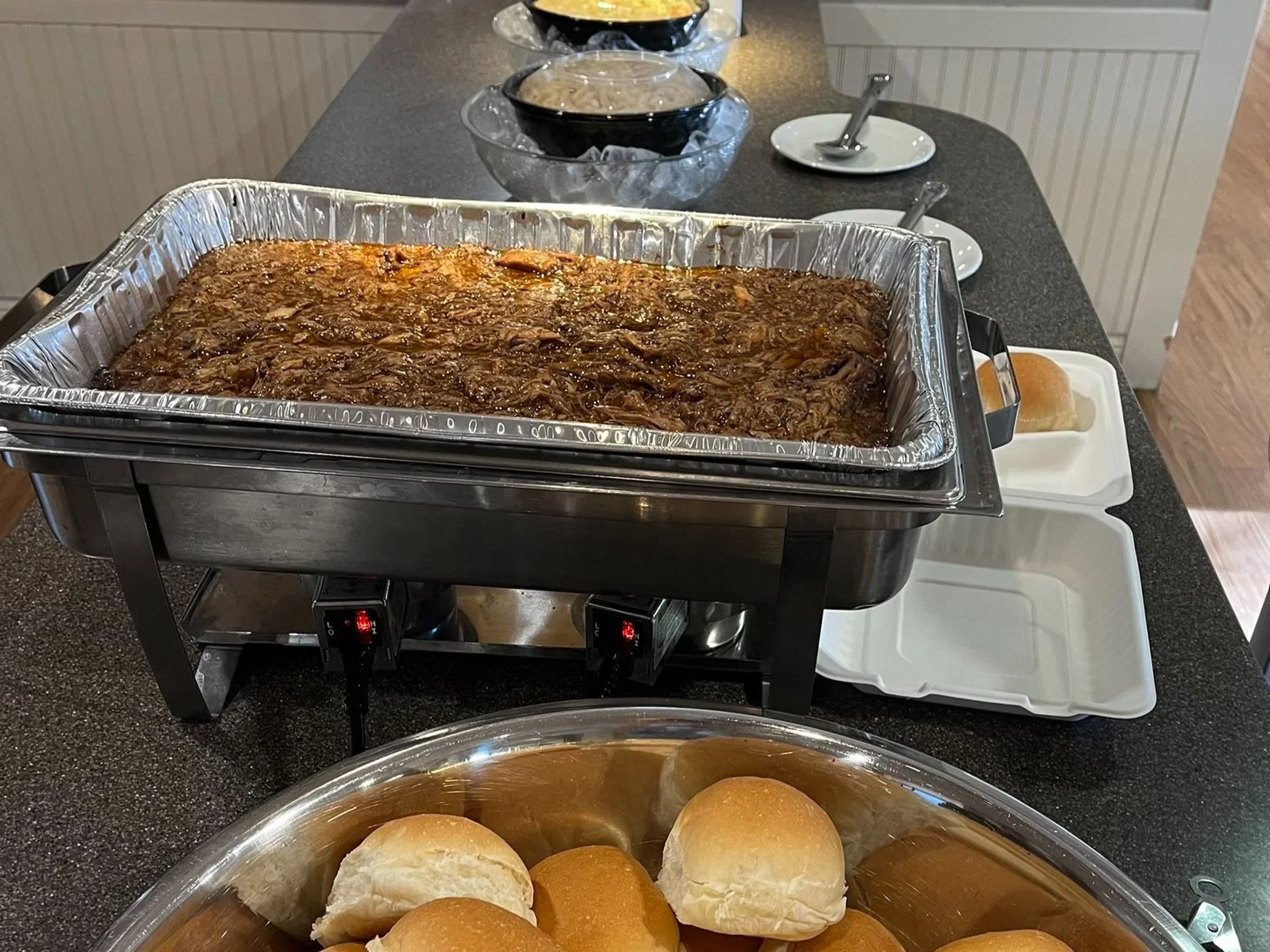A researcher with the University of Saskatchewan suggests, rather than helping reduce the wild pig population, sport hunting actually breaks up groups and makes the animals more elusive and harder to find.
Read MoreThe Western College of Veterinary Medicine is encouraging a continued focus on biosecurity on Canadian hog farms amid a later than normal peak in cases of influenza. Typically, the number of cases of influenza in people and in pigs tend to peak in the fall in November-December and again in the late winter or early spring in February-March. By now, numbers would normally be on the decline.
Read MoreSask Pork celebrated Canadian Agriculture Literacy Month (CALM) with a donation of books to elementary schools in Saskatoon and Prince Albert. CALM, celebrated annually every March and into April, is dedicated to teaching students about Canada’s agriculture industry and food story.
Read MoreResearchers are examining possible role of particle size and feed outages on the incidence of gastric ulcers in pigs. Extremely finely ground feed ingredients have been shown to contribute to gastric ulcers in pigs and there's evidence that ingredients like pea starch can cause diets to bind in the equipment, resulting in feed outages.
Read MoreSask Pork is asking pork producers across the province to remain especially vigilant with biosecurity practices now that the highly pathogenic avian influenza (H5N1) has been found in Saskatchewan.
Read MoreThe Director of Risk Management with HAMs Marketing Services is advising pork producers in western Canada to focus on margins rather than the price of hogs or the price of feed as they make their forward contracting decisions.
Read MorePreliminary indications are that the bacteria in the gut influences the health of piglets. As part of research being conducted by the Universities of Saskatchewan, Alberta, and Guelph in partnership with Swine Innovation Porc and other private partners, scientists are investigating the gut microbiome of the pig in an effort to identify beneficial and detrimental bacteria.
Read MoreA research scientist with the Prairie Swine Center says swine barn operators can reduce the volume of water wasted that ends up in the manure pit by optimizing the flow rates of nipple drinkers. This can dramatically reduce the cost of manure processing.
Read MoreA partner with Polar Pork Farms is suggesting a return to more normal weather conditions and improved grain production will be critical to stabilizing global food supplies.
Read MoreSask Pork is encouraging the public to immediately report wild boar and other feral pig sightings. Earlier this week, the Saskatchewan Ministry of Agriculture has introduced enhanced measures to control feral pigs, including a moratorium on new commercial wild boar farms, developing regulations for licensing existing farms and enhancing surveillance and control.
Read MoreSixty guests staying at Ronald McDonald House in Saskatoon while their children undergo medical treatment had a meal of Saskatchewan pulled pork, thanks to a partnership between Prairie Meats and Sask Pork.
Read MoreSask Pork is applauding new measures brought forward today by the Government of Saskatchewan to regulate, monitor and control wild boar and feral pigs in the province. The Ministry of Agriculture announced that it is developing regulations for licensing existing commercial wild boar farms and imposing a moratorium on new farms. Regulations for wild boar/feral pigs will also be developed under The Pest Control Act.
Read MoreA swine diagnostic service launched just under one year ago is helping swine veterinarians use diagnostic results to formulate treatment strategies. Last May the Western College of Veterinary Medicine and Prairie Diagnostic Services, both located on the campus of the University of Saskatchewan, partnered in the launch of a new swine diagnostic extension service.
Read MoreThe Chair of Sask Pork says among the organization's priorities during the coming year will be industry development, producer services, public relations and research.
Read MoreThe Chair of Sask Pork says the cross-border vaccine mandate is making accessing feed imports from the United States difficult at a time when supplies in western Canada are tight due to last year's drought.
Read MoreCanada’s Agriculture Day returns on February 22 and Sask Pork is encouraging the Saskatchewan pork industry to participate. The yearly national event was created to showcase what’s happening in the agriculture industry, show consumers where their food comes from, and introduce them to the people who produce it.
Read MoreResearch conducted by the University of Saskatchewan and the Prairie Swine Centre suggests rye can be used as a replacement in swine rations for corn, wheat or barley.
Read MoreSaskatchewan success with group sow housing was highlighted at the 50th Banff Pork Seminar last week. Daryl Possberg, General Manager of Polar Pork Farms, was one of three panelists who spoke at a breakout session on group sow housing at the two day annual conference earlier this month.
Read MoreSask Pork has announced its 2021-23 provincial Board of Directors. At the first meeting of the Board of Directors held this week in Saskatoon, directors elected the 2021-23 Executive. Toby Tschetter was elected Chair, Jay McGrath was elected Vice-Chair and John Beckton will hold the Audit Chair position.
Read MoreA partner with Polar Pork Farms says health status will be key in determining the economic strength of Saskatchewan's pork sector in the coming year. Amid feed costs that are more than double those of one year ago, lower global swine production resulting from losses due to African Swine Fever and herd reductions due to low returns have reduced global pork supplies.
Read More



















